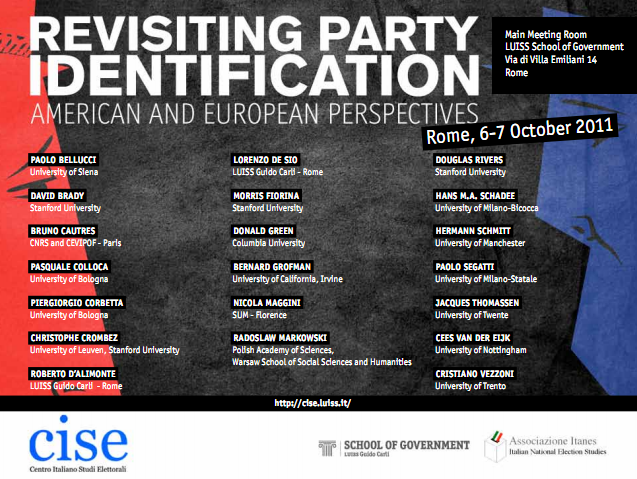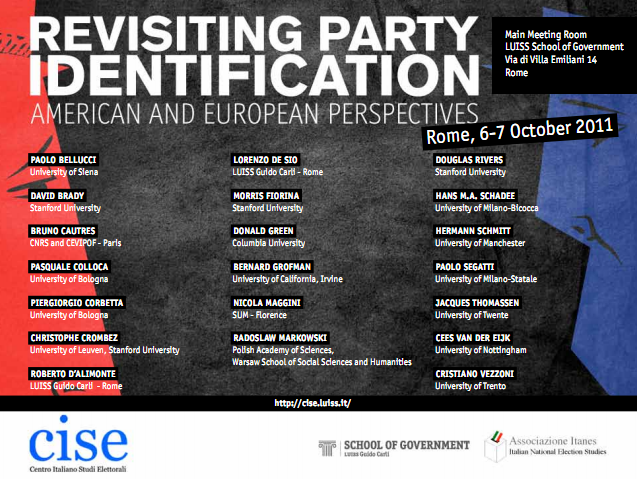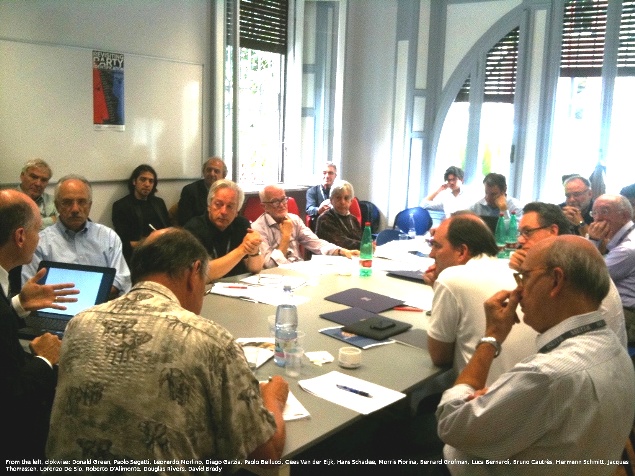American Political Science Review 01 August 2011 105: 567-585
Autori: Olle Folke; Shigeo Hirano; James M. Snyder Jr
Abstract
Does control of patronage jobs significantly increase a political party’s chances of winning elections in U.S. states? We employ a differences-in-differences design, exploiting the considerable variation in the dates that different states adopted civil service reforms. Our evidence suggests that political parties in U.S. states were able to use state-level patronage to increase the probability of maintaining control of state legislatures and statewide elective offices. We also find that an “entrenched” party, in power for a longer time, can use patronage more effectively. We consider several alternative hypotheses that might plausibly account for the patterns in the data, but find no evidence to support them.
Full Text: https://journals.cambridge.org/action/displayAbstract?fromPage=online&aid=8368195


